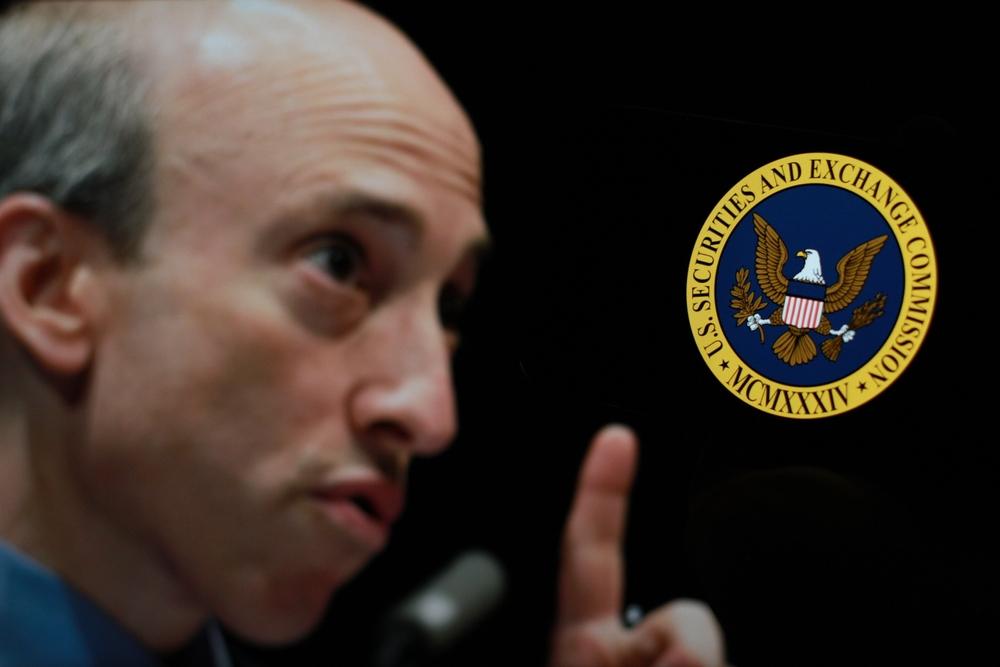Three South African companies have been issued cease and desist orders by the securities commissions of Alabama and Texas. The firms were accused of promoting a fraudulent cryptocurrency debit card scheme even as companies claim that the card they offer works just like a traditional Mastercard.
Liquid Gold Trust as well as its CEO Lance Angus Jerrard, Liquidity Global Card Solution, and Liquidity Card Solution LLC were named in the emergency cease and desist orders issued by the Alabama Securities Commission (ASC) and the Texas Securities Board (TSSB), Bitcoin.com reported. The two government agencies claim that the companies operate a crypto credit card scheme aimed at defrauding investors.
The defendants are promoting the Liquidity Card, a debit card that is supposed to work with stablecoins such as PAX, TUSD, and USDC, according to the order from the Texas Securities Board. However, the defendants claim that “it is a Mastercard that functions like a traditional debit card” adding “cardholders can use the Liquidity Card to receive and spend profits as stablecoins, avoiding taxes that would otherwise be recognized when converting cryptocurrencies to dollars or other fiat currency.”
The order also pointed out the promised benefits that seem too good to be true. For instance, the accused companies said potential returns per portion could reach $1,516.72 per month after the 18th month and $5,008.62 per month after reaching 24 months.
“Each portion costs $1,150 and entitles purchasers to residual income derived from fees paid by cardholders…” the order noted. “The Liquidity companies are even offering investors a 100% written money-back guarantee.”
“It’s also fraud,” Texas Securities Board said. “The Liquidity companies are accused of concealing important information about their relationships, their contracts, and their compensation.”
The board also noted that none of the companies are registered or have permission to sell investments and securities in the two states. In addition, the companies only used stock images as their offices, which make them highly suspicious. The defendants are given 30 days to respond and challenge the cease and desist orders.
























Comment 6